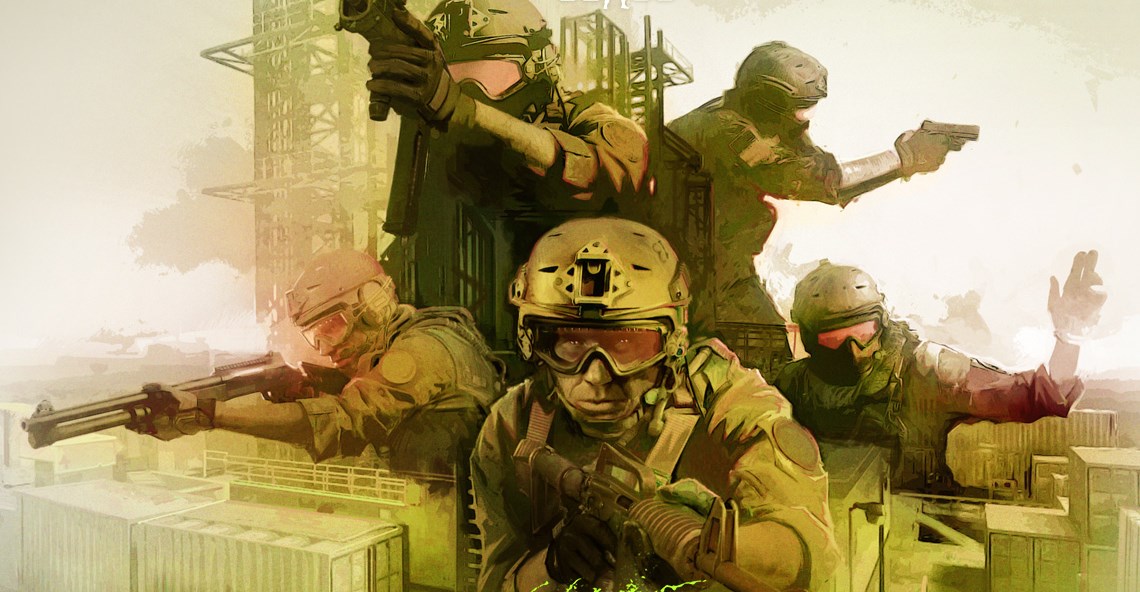Valve bans 37 CS:GO coaches caught cheating with a spectator bug
Four coaches have been given lifetime bans from CS:GO Major events.

In August of 2020, pro esports league ESL suspended coaches from the CS:GO teams Hard Legion, Heroic, and MIBR, following an Esports Integrity Commission investigation that found they had taken advantage of a bug that enabled them to spectate from anywhere on the map without the opposing team knowing. Further investigation found that the cheating was actually far more widespread than that: A report published in September 2020 revealed that 37 coaches had taken advantage of the bug to some extent.
Those coaches were also sanctioned by ESIC, whose members include ESL, DreamHack, and other leagues and tournaments, through a standardized "sanctions and concessions matrix" that applied demerit points based on the frequency and duration of the spectator bug exploit. Four tiers of sanctions were applied based on demerit point totals, ranging from five months to three years, adjusted for "concession" modifiers like confessing your crimes and aiding the investigation.
Now Valve has imposed penalties of its own, based on ESIC's system of demerit points, that will see coaches who have been caught exploiting the bug made ineligible for upcoming CS:GO Majors—in some cases, permanently.
- 2 demerits - 1 Major
- 3 demerits - 2 Majors
- 4 demerits - 3 Majors
- 5 demerits - 5 Majors
- 6+ demerits - permanent ban
Given the extent to which the spectator bug was exploited, and the length of time it went on without anyone noticing, Valve has also changed its rules to mandate that only players will be allowed in rooms and on servers during online matches. "Neither coaches nor any other team staff will be allowed in the room, on the server, or to otherwise communicate with the team during an online match," it said.
Last week, ESIC issued suspensions against 35 CS:GO players for terms ranging from one to five years for betting on matches.
Keep up to date with the most important stories and the best deals, as picked by the PC Gamer team.

Andy has been gaming on PCs from the very beginning, starting as a youngster with text adventures and primitive action games on a cassette-based TRS80. From there he graduated to the glory days of Sierra Online adventures and Microprose sims, ran a local BBS, learned how to build PCs, and developed a longstanding love of RPGs, immersive sims, and shooters. He began writing videogame news in 2007 for The Escapist and somehow managed to avoid getting fired until 2014, when he joined the storied ranks of PC Gamer. He covers all aspects of the industry, from new game announcements and patch notes to legal disputes, Twitch beefs, esports, and Henry Cavill. Lots of Henry Cavill.

